I had been loitering around some dreadlocked types, working up the courage to join the conversation, when the people smuggler sat down next to me. Actually, that might not be an entirely fair description: Lanh, which is not his real name, left Vietnam as a refugee in 1980 and managed to help more than thirty others escape with him. He could have charged them for the privilege, he said, and exorbitantly, too. But they were leaving for the same political reasons as he was and he thought better of it. For two days, Lanh and his charges navigated a small boat to Thailand, where they were, remarkably, processed at a rate of knots. Almost before he had time to think, he found himself on his way to Canada, where he still lives. This was only his third visit to Vietnam since the early 2000s, when he began returning to see family. It was my first night in Ho Chi Minh City, about a week before Tet, or Vietnamese New Year, and Lanh and I were surrounded by self-consciously alternative tourists in low-crotched harem pants on the cheap plastic school chairs of District 1’s Bùi Vien backpacker strip. As they drank fifty-cent Saigon Green beer and compared war stories about their time in South-East Asia, Lanh and I discussed post-war Vietnam. This April will see the fortieth anniversary of the Vietnam War’s ignominious end—the American War, as it is known here—and I asked Lanh and his friend Fat, also not his real name, if and how the city would be likely to celebrate the event. Neither knew and neither cared. ‘We lost the war,’ Lanh said to me. ‘People here in Saigon’—he declined to use the city’s official name— ‘will look upon the anniversary with regret’. The authorities would doubtless disagree with this assessment: many streets, lined with Vietnamese flags and hammer-and-sickle banners, already lead to roundabouts decorated with large anniversary-themed displays of a kind that is instantly recognisable to anyone who has previously visited an authoritarian country. I suspect that many of the tourists, unwisely decked out in the garb of Communist chic—shirts that depict the Communist parties of the world as a literal party, others that have turned Alberto Korda’s famous photograph of Che Guevara into a saleable commodity—might disagree with it as well. A visit to Ho Chi Minh City’s War Remnants Museum, with its harrowing sections on Agent Orange and its legacy, but predictable lack of interest in Viet Cong atrocities, should and does leave one feeling incensed and outraged. Indeed, it remains one of the better museums I have visited in a politically-repressive state: it avoids the outright rewriting of history of Beijing’s National Museum, the crude poverty of means and anachronistic revolutionary rhetoric of Havana’s Museum of the Revolution and the rebooted personality cultism of the Putin-era sections of so many Russian museums. The institution was originally named the Exhibition House for US and Puppet Crimes, a name that was perhaps more honest about its propagandistic purpose, which it continues to realise, even if détente and the normalisation of relations has necessitated a name-change and the embrace of sly euphemism. Nevertheless, the answer to the museum’s question is not to immediately don a shirt designed after the flag of what remains a repressive regime. After all, one’s first impression of the regime in question is that it seems to be doing rather well. Those who won the war are now winning the peace, too.
As an opponent of the US embargo of Cuba, and as a supporter of recent steps towards rapprochement there, I nevertheless have to admit that Vietnam, like China, does have me questioning some of my assumptions. In the ritzier sections of District 1, where the old war correspondents’ hotels charge ten times more for a drink than anywhere else in town, Prada and Gucci rub shoulders with Sony and Apple, and across the river from Tôn Đuc Thang Street, where a thousand motorcycles and scooters jostle for position amidst a multiplying number of luxury cars, Heineken has set up three giant billboards proclaiming the greatness of its green-bottled brew. Meanwhile, early last year, the Vietnamese government threw blogger Pham Viet Đào in the clink for fifteen months after accusing him of ‘anti-state activities’. Capitalism requires free markets more than it requires free people, in other words, and I have a sneaking suspicion I know what Havana is going to look like in fifteen years. (For his part, Lanh believes Cuba will see free and fair elections before Vietnam will. I’m not holding my breath for either.)
Lanh eventually became a mechanic in Canada, as well as a citizen, and while he was happy to note the growing material wealth of those who remain in the country he once escaped, he said he still believes that it was, and remains, worth escaping. He and Fat spoke openly about their disdain for the regime here, but they did so only in English, and quietly. They said they wouldn’t do so in the north of the country at all. Lanh considers himself lucky, but not only for getting out. He strongly doubts that he would be as lucky today as he was five years after the war ended. He would not, he said, have been processed as quickly, nor welcomed as warmly. It’s a harder gig, being a refugee these days, and he wondered aloud how large Vietnamese populations in Australia, Canada and the United States would fare had the Vietnam War—he called it by its Western name—ended five years ago rather than forty.
We spent a few hours together, discussing Vietnam’s relationship with China and some of the country’s more curious delicacies – it turned out Fat had been at Gordon Ramsay’s table the night the latter controversially ate the still-beating heart of a snake—before Lanh said he should probably get to bed. His flight to Canada was leaving early the next morning and he didn’t want to sleep late and miss it. He was, he said, looking forward to getting home.
Got something to add? Join the discussion and comment below.
Get 10 issues for just $10
Subscribe to The Spectator Australia today for the next 10 magazine issues, plus full online access, for just $10.
You might disagree with half of it, but you’ll enjoy reading all of it. Try your first month for free, then just $2 a week for the remainder of your first year.

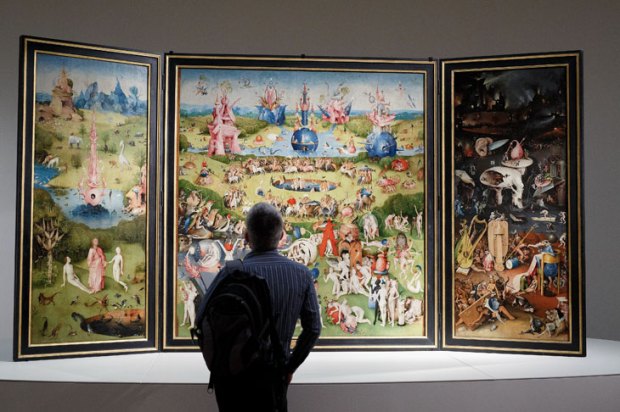
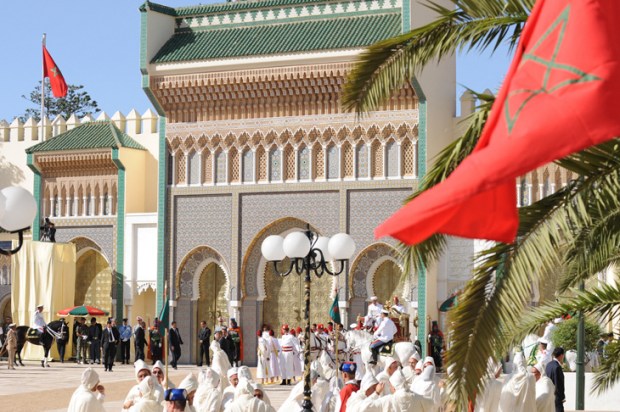
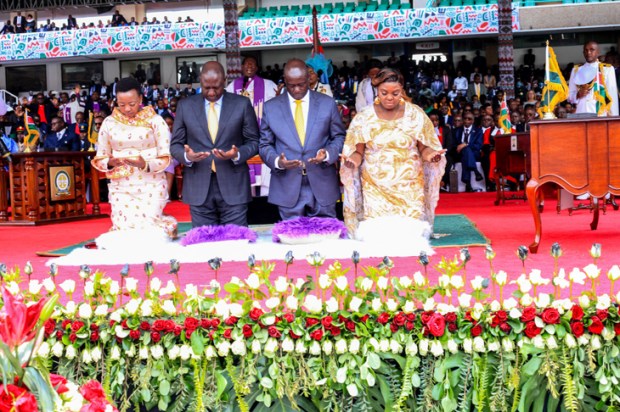
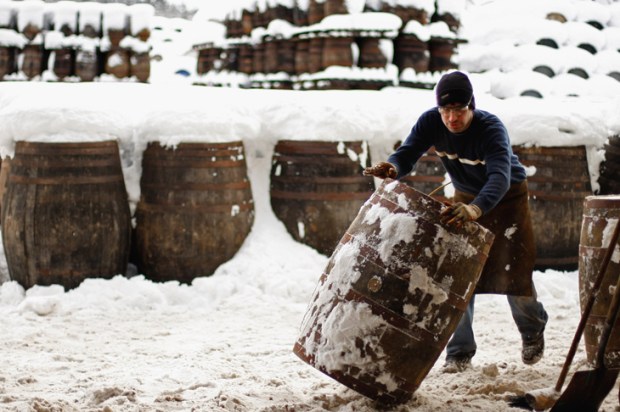
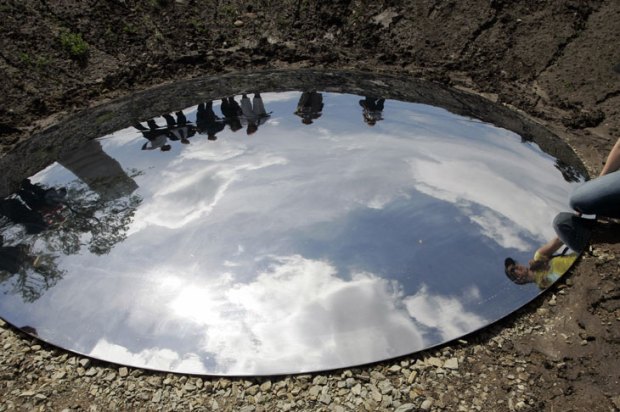
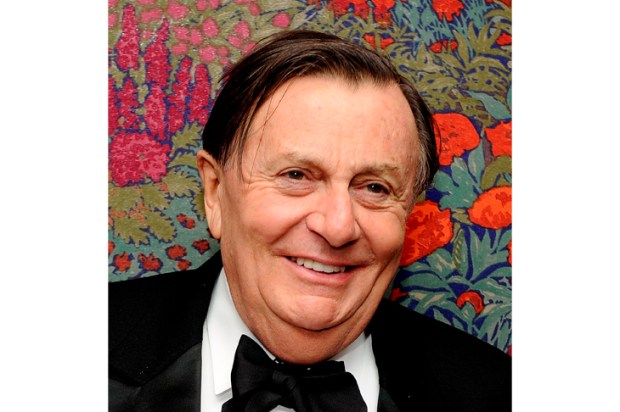






Comments
Don't miss out
Join the conversation with other Spectator Australia readers. Subscribe to leave a comment.
SUBSCRIBEAlready a subscriber? Log in